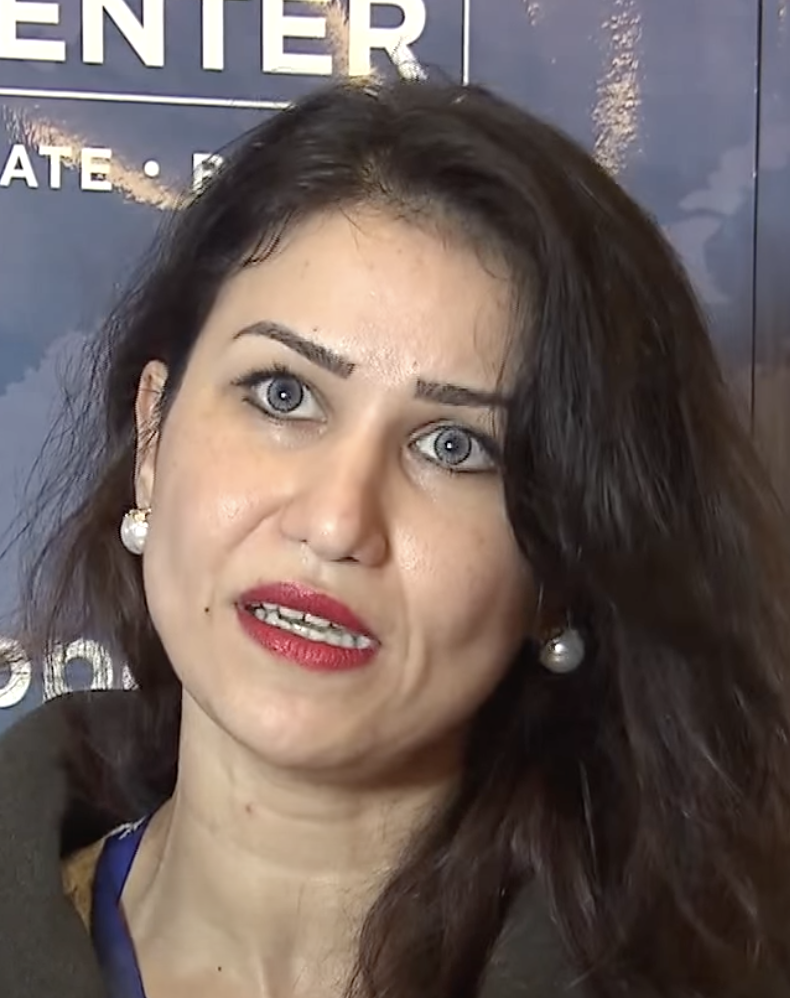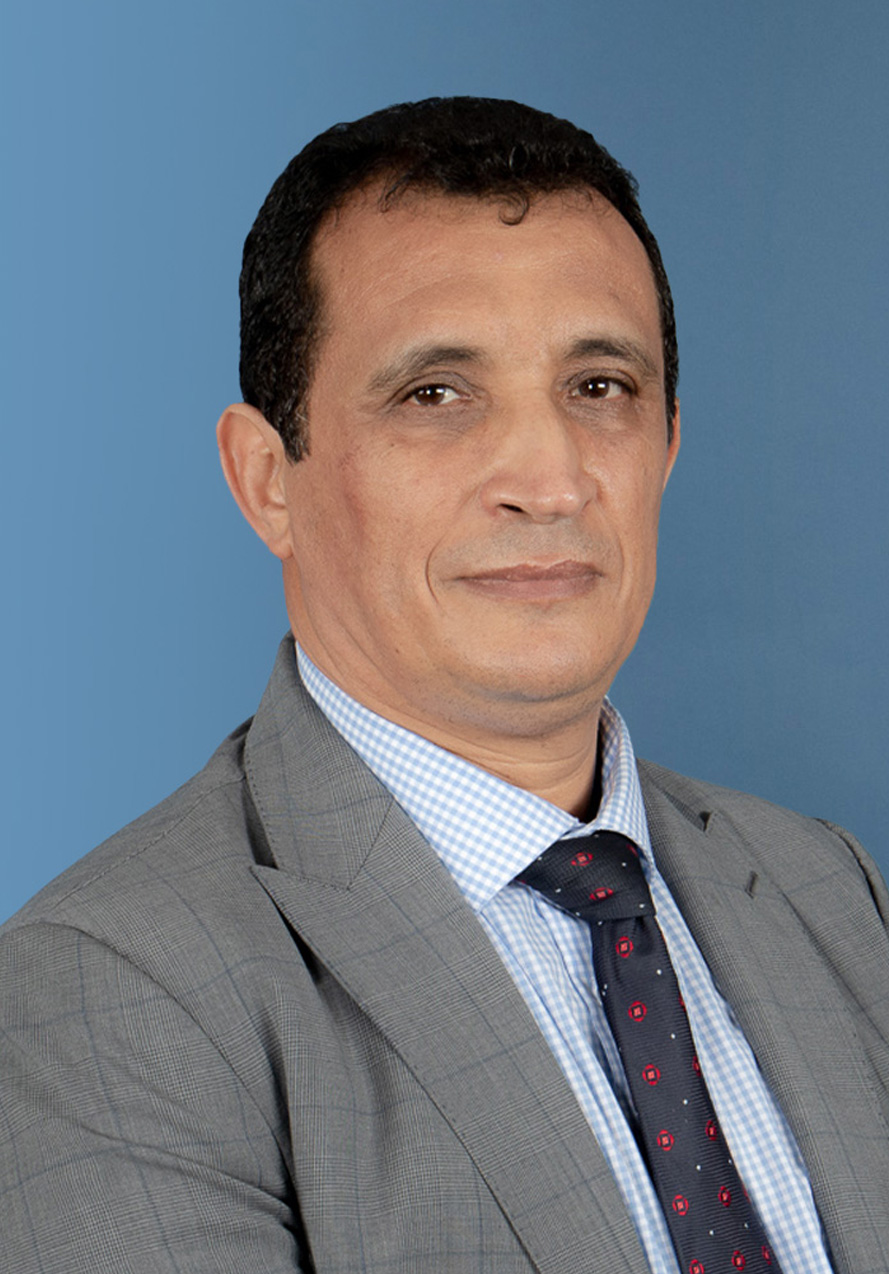Events
Regional Responses to Security Challenges in Europe and Africa
OCP Policy Center, Rabat
The recent attacks in Barcelona, London and Paris have pushed terrorism, and concurrently national, regional, and global efforts to counter it, towards the top of the security agenda in Europe. Alongside that, the strengthening position of Boko Haram in Nigeria and the raging civil war in Libya are just two examples that demonstrate Africa faces its own serious security challenges. This all comes against the backdrop of a deteriorating global security picture in the Middle East, Asia, United States and elsewhere, which is of deep concern to both regions. With that in mind the need for a regional response within Europe and within Africa, and between the two regions and continents, has never been stronger.
This conference will examine the current trends in terrorist attacks across Europe and Africa, and the responses being taken by individual governments and between governments. The conference will then discuss the current state of regional integration in Europe and Africa, and how regional initiatives can be used to tackle regional and global security issues.
The RUSI-OCPPC conference will be broken down into two parts, with two panels each:
Part I: Terrorism and Counterterrorism
Panel I: Terrorism Trends and Developments
Panel II: Counter-terrorism and Safeguarding Peace and Security
Part II: Security vs. Regional Integration
Panel III: Integrating the EU and NATO in the Security Sphere
Panel IV: Regional Integration and Security in Africa
Agenda
|
09:30 – 09:50 |
WELCOME REMARKS Karim El Aynaoui, Managing Director, OCP Policy Center |
|
09:50 – 11:10 |
PANEL I: TERRORISM TRENDS AND DEVELOPMENTS Over the years, the African continent has witnessed the multiplication of terrorist groups, destabilizing the countries and regions in which they operate in their fight for influence over particular regions. In the Sahel, both Al Qaeda in the Islamic Maghreb (AQIM) and the Islamic State (IS, also known as Daesh) are at play, competing for influence and ideological supremacy. This terrorist phenomenon knows no borders, and thrives on new forms of communication, primarily social media. Through this medium, both AQIM and IS are able to export their extremist views worldwide, and have seen their ideology translated into violence, hence the wave of terrorist attacks in Europe. The new trend in terrorism is to operate in isolation and utilize basic methods such as knife attacks and car ramming, which make them difficult to prevent, and makes any crowd a potential target. Across Europe and Africa, states and governments are struggling to overcome the terrorist threat and are witnessing great challenges when faced with the phenomenon of returning foreign fighters. What are the roots of these groups? Are there similarities in their discourse and ideology? And how has the situation evolved over the past couple of years? CHAIR SPEAKERS |
|
11:10 – 11:30 |
Coffee Break |
|
11:30 – 12:50 |
PANEL II: COUNTER-TERRORISM AND SAFEGUARDING PEACE AND SECURITY There is an urgent need to take stock of the many security challenges facing both Europe and the African continent, identify the links between each one, and design policies that address the rise of terrorism, both in the medium and long term. For instance, the Islamist threat in Europe has triggered a far right-wing domestic movement that expresses a hostile narrative against Muslims, and more generally against immigration, and which in certain cases has even perpetrated their own acts of violence and terrorism. Broad generalizations about the motives of terrorist groups should be avoided, and it is crucial to take into account the local dimension that feeds into a group’s discourse when discussing appropriate counter-terrorist measures. Dismantling the anti-globalization and anti-Western extremist narrative that causes wide social unrest and which leads to the radicalization of young people is also fundamental when dealing with such movements. What can be done to contain or defeat the terrorist phenomenon? Do governments alone have the capacity to address current security challenges? What are the structures put in place to deal with terrorism, in Europe, MENA and Africa? Is there sufficient coordination between North and South on their counter terrorism efforts? CHAIR Bouchra Rahmouni Benhida, Senior Fellow, Al Akhawayn University SPEAKERS |
|
14:20 – 15:40 |
PANEL III: INTEGRATING THE EU AND NATO IN THE SECURITY SPHERE In Europe NATO is traditionally responsible for the defence and security of the continent. In turn, the European Union is its foremost political and economic body. In this way they neatly divide, in theory, the core tasks of protection, wealth generation and political coordination. However, the European Union has in truth become an increasingly important security actor in Europe and its limited military ambitions are increasingly creating some tensions between it and NATO. While both the EU and NATO are far more developed, extensive multilateral organizations than those in Africa so far, it is clear that greater coordination in the security arena is required between the two bodies. What role is there for the European Union in promoting security in Europe? How can NATO and the EU integrate their security and defence policies effectively? What tension is there between the EU and NATO with regard to the USA’s membership of the latter body? What lessons can prospective regional initiatives, such as in Africa, learn from them? And what aspects of them should Africa’s own regional initiatives avoid? CHAIR |
|
15:40 – 16:00 |
Coffee Break |
|
16:00 – 17:20 |
PANEL IV: REGIONAL INTEGRATION IN AND SECURITY IN AFRICA In the face of Africa’s multiple security threats, integration and regionalization initiatives are increasingly seen as providing unique opportunities for securing sustainable economic growth, peace and stability, and democratic consolidation. Thus, regional integration and co-operation groupings such as the Economic Community of West African States (ECOWAS) and the Inter-Governmental Authority on Development (IGAD) are emerging as conflict managers in their respective regions. In response to regional conflicts, some have come up with regional early warning and early response apparatus, such as the ECOWAS Early Warning Mechanism and the IGAD Conflict Early Warning and Early Response Mechanism, CEWARN. Projects such as the New Partnership for Africa’s Development (NEPAD), the UN Millennium Declaration, and the African Union (AU) have emphasized the role of regional economic communities in responding to Africa’s challenges. How can these groupings help the continent identify and deal with its security issues? SPEAKERS |
|
17:20 – 17:30 |
CLOSING REMARKS Karim El Aynaoui, Managing Director, OCP Policy Center |












